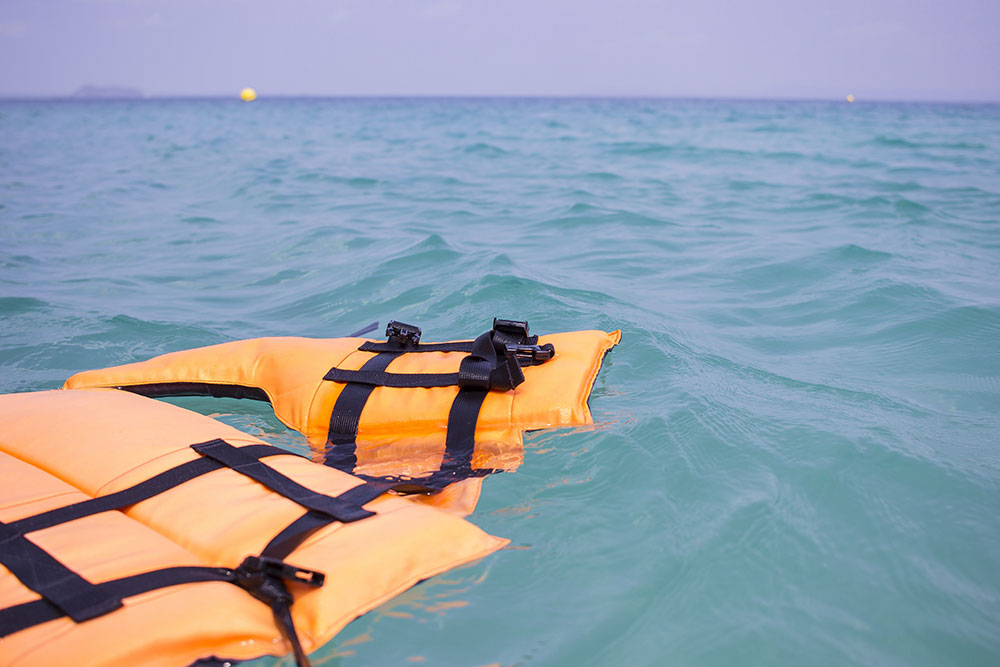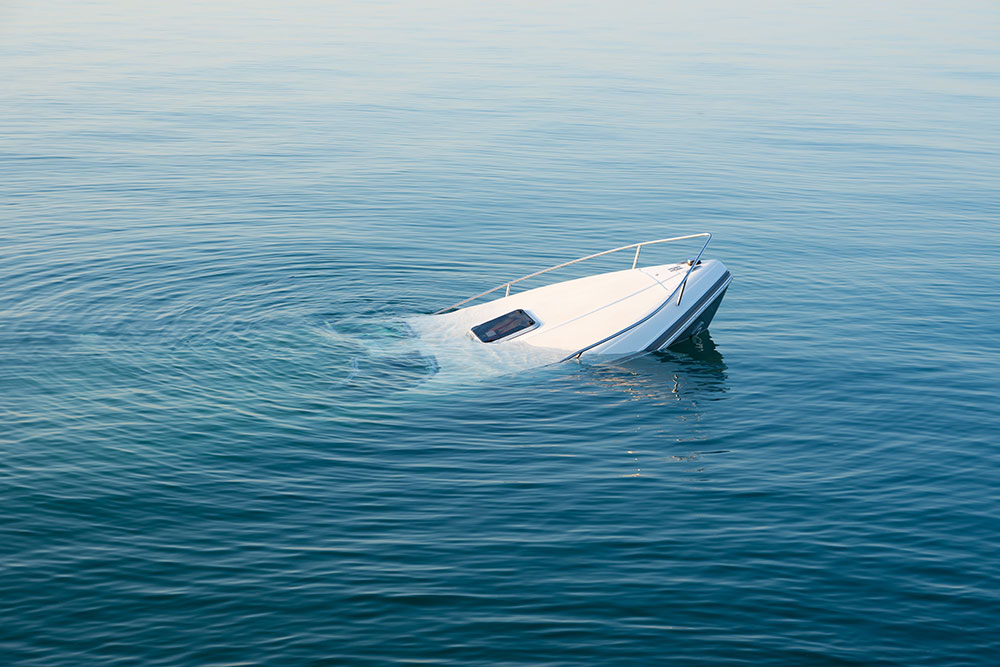
What makes maritime wrongful death different?
Many people don’t realize that personal injury cases involving navigable waters are not as simple as they may seem. If you’re familiar with U.S. laws and the U.S. court system, you should be aware that maritime cases do not abide by the same set of rules and laws. Oceangoing vessels are subject to their own set of laws and regulations that can be very complex and difficult to understand. You wouldn’t go see a dermatologist if you broke your leg, you’d go to the emergency room and see an orthopedist. The same applies with the law, you should not go see a general practitioner of the law if you get hurt at sea, you need to find a maritime attorney who understands precisely what your rights and remedies are. That’s why it’s so important for you to consult an experienced attorney with a specialty in maritime and admiralty law.
What are the laws regarding maritime injury and wrongful death?
Depending on the circumstances and location of the incident, a number of different laws may apply. For example, the applicable may include one or more of the following: the law of the location of the injury; the law of the flag of the vessel; the law of where the defendant vessel owner or operator is located; the law chosen in an employment contract or collective bargaining agreement; or the law chosen in a passenger ticket contract. This should give you a brief idea of how unique and complex maritime law can be. To help, we give a brief description of some of the bodies of law we have repeatedly encountered in our 50 years of service to the global oceangoing community.
General Maritime Law
General maritime law is a body of law that often applies to injuries and accidents at sea. This body of law is most often seen in cruise passenger injury cases because the General Maritime Law establishes the duty of care that applies to cruise ship companies (reasonable care under the circumstances). Further, in the case of crewmember injuries, general maritime law will often apply to claims of unseaworthiness against the vessel owner The General Maritime Law is a unique body of law because it is all derived from the common law. This means it has been made over literally centuries by judge’s rulings. This is different that many laws that are derived from federal statutes (which are created by Congress).
The Jones Act
The foremost example of a body of law derived from a federal statute is the Jones Act. The Jones Act derives from a critical section of the Merchant Marine Act of 1920. It is a federal statute and body of law that gives seamen the right to sue their employers for personal injury compensation based on a theory of negligence. A seaman is defined as anyone who performs a significant amount of work on a vessel. A person must spend at least 30% of their time working on a vessel in order for the Jones Act to apply. Unlike most jobs, seamen are not eligible for workers’ compensation benefits, so they must use the Jones Act for injury compensation. This is actually a good thing as the remedies available under the Jones Act are generally more favorable than under a workers compensation scheme or statute.
According to the Jones Act, an employer must ensure that the working environment is reasonably safe for employees. In practice, this means that a wide variety of situations may qualify as negligent under the Jones Act. Slips and falls, improper or broken equipment, improper training, improper maintenance of equipment, unsafe work methods, negligence by a fellow employee, or assault by a fellow employee all are potentially eligible scenarios where an employer can be held liable for injuries. The Jones Act allows for compensation as long as an employer’s negligence was in any way responsible for an employee’s injury. This is a unique standard of causation, often referred to as “featherweight” causation. Compensation through the Jones Act may include lost wages, lost earning capacity, medical bills, and pain and suffering.
The Death on the High Seas Act
The Death on the High Seas Act, another Federal Statute, also passed in 1920, allows the survivors of a seaman killed in international waters to sue the victim’s employer for damages in the event of wrongful death caused by negligence or unseaworthiness. DOHSA applies to ships and aircraft beyond U.S. territorial waters. Under DOHSA, survivors may be entitled to compensation for any costs they have incurred due to the victim’s death, including loss of financial support (including future earnings), funeral expenses, or mental health expenses. The Death on the High Seas Act was initially passed to fill a void in the law, but unfortunately this act has been grossly distorted by the cruise lines who use it as a vehicle to avoid paying significant damages when a cruise passenger dies on the high seas. This is a highly technical area of the law but we are continuing to fight for the Death on the High Seas to be abolished or changed in order to allow the families or deceased cruise ship passengers full compensation under the law.
The Longshore and Harbor Workers’ Compensation Act
The Longshore and Harbor Workers’ Compensation Act of 1927 provides workers’ compensation coverage to employees injured in U.S. waters. LHWCA applies to most dock workers and maritime workers who are not covered by the Jones Act. LHWCA entitles injured workers to compensation while they receive medical treatment or compensation for lost wages or lost earning capacity in the case of permanent disability.
Cases We’ve Successfully Handled

Call Lipcon, Margulies & Winkleman, P.A. for Help With Your Maritime Wrongful Death Case
If your loved one has been the victim of maritime wrongful death, Lipcon, Margulies & Winkleman, P.A. can help. Our team of attorneys boasts over 200 years of combined experience, and we were named “Lawyer of the Year” in Admiralty and Maritime 2020 (Miami) by US News & World Report. Three of our attorneys were also named Best Lawyers by US News & World Report. LM&W, P.A. has recovered more than $300 million on behalf of our clients in over 3,000 cases.
We are celebrating 50 years since our founding in 1971, and we are still incredibly passionate about getting justice for victims of maritime injuries and deaths. If your family member has suffered a maritime wrongful death, you need our team of 16 attorneys with the experience and knowledge to pursue your case effectively. Maritime law is complex and complicated. These cases call for the expertise of a team that knows maritime law in and out like Lipcon, Margulies & Winkleman, P.A.. We look forward to discussing your case with you and working on getting justice and fair compensation for your family. Call us today at 877-233-1238 for a free consultation.





